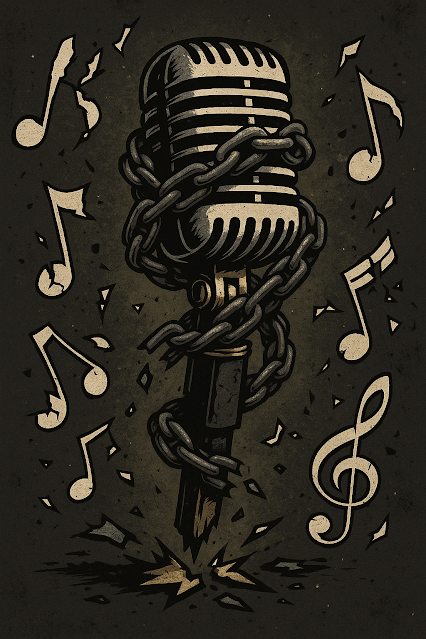Analysis of Project 2025 & Opus Dei Influence
Analysis of Project 2025 & Opus Dei Influence
🧭 Contradiction Matrix: Project 2025 & Opus Dei Influence
| Contradiction | Thesis | Antithesis | Synthesis / Outcome |
|---|---|---|---|
| 1. Church-State Separation | Traditional U.S. principle of separating church and state. | Opus Dei's belief in a symbiotic relationship between church and state. | Potential erosion of secular governance, leading to policies influenced by specific religious doctrines. |
| 2. Public Opinion vs. Policy Goals | Majority public support for reproductive rights and LGBTQ+ protections. | Project 2025's aim to restrict these rights based on conservative Catholic teachings. | Implementation of policies that may not reflect the will of the majority, causing societal friction. |
| 3. Transparency vs. Secrecy | Democratic ideals favoring transparency in policymaking. | Opus Dei's secretive nature and undisclosed membership. | Challenges in public accountability and trust in governance. |
| 4. Incrementalism vs. Radical Change | Gradual policy changes through democratic processes. | Roberts' "radical incrementalism" strategy to achieve significant ideological shifts. | Potential for substantial policy changes without broad public consensus. |
| 5. Religious Liberty vs. Imposition | Freedom of religion and belief for all citizens. | Policies that may impose specific religious beliefs on the broader population. | Risk of infringing on individual rights and freedoms under the guise of religious liberty. |
🔄 Dialectic Map: Ideological Dynamics
-
Thesis: The U.S. upholds a secular government structure, ensuring freedom of religion and belief.
-
Antithesis: Project 2025, influenced by Opus Dei, seeks to integrate specific religious doctrines into public policy.
-
Conflict: Tension arises between maintaining secularism and the push for policies rooted in particular religious ideologies.
-
Synthesis: A potential redefinition of the role of religion in governance, possibly leading to policies that reflect specific religious values, challenging the secular framework.
This analysis highlights the complex interplay between religious influence and democratic principles within Project 2025. The contradictions and dialectical tensions suggest a trajectory where specific religious ideologies could significantly shape public policy, potentially at odds with established democratic norms and public opinion.



Comments
Post a Comment